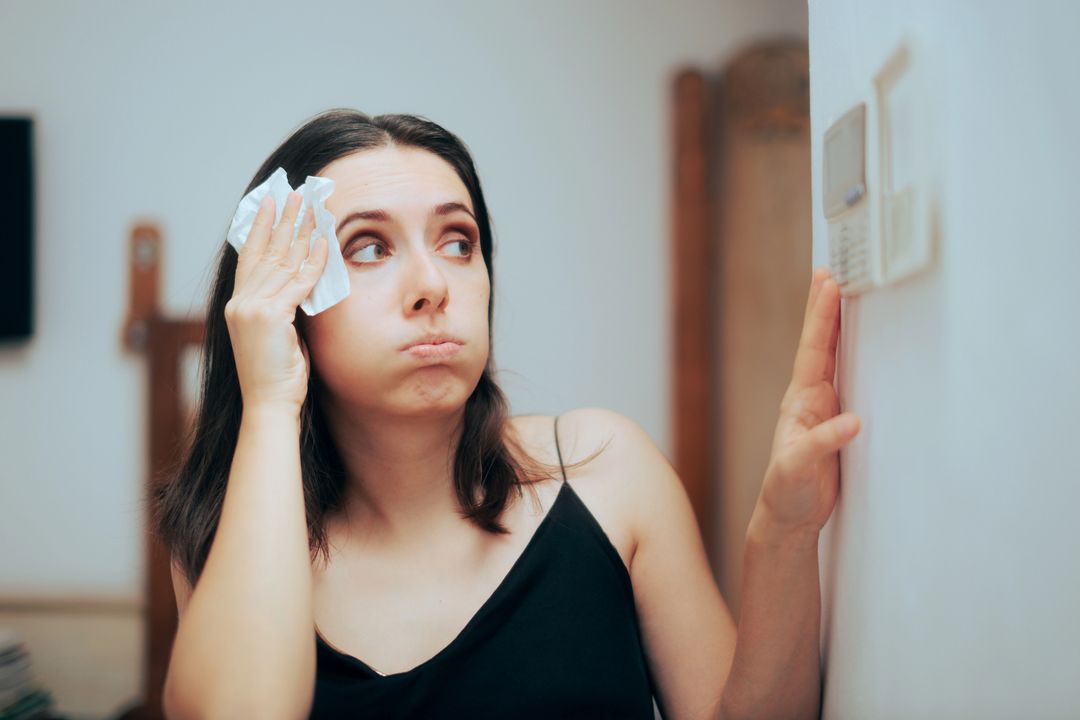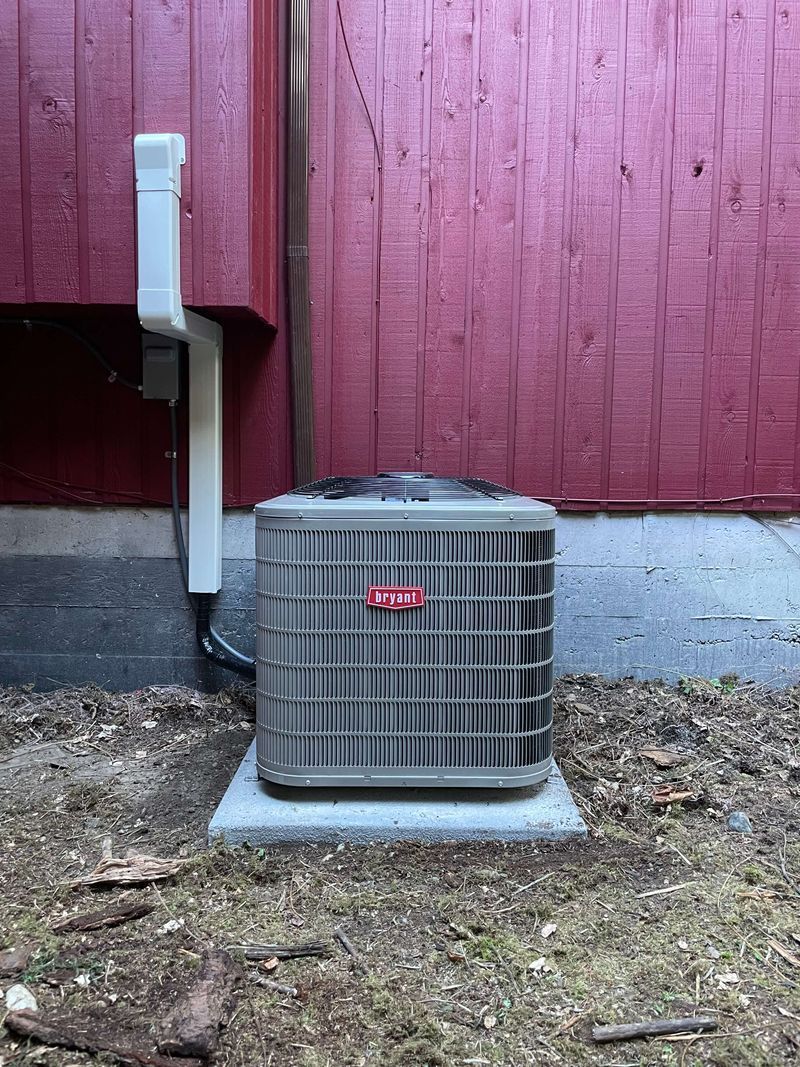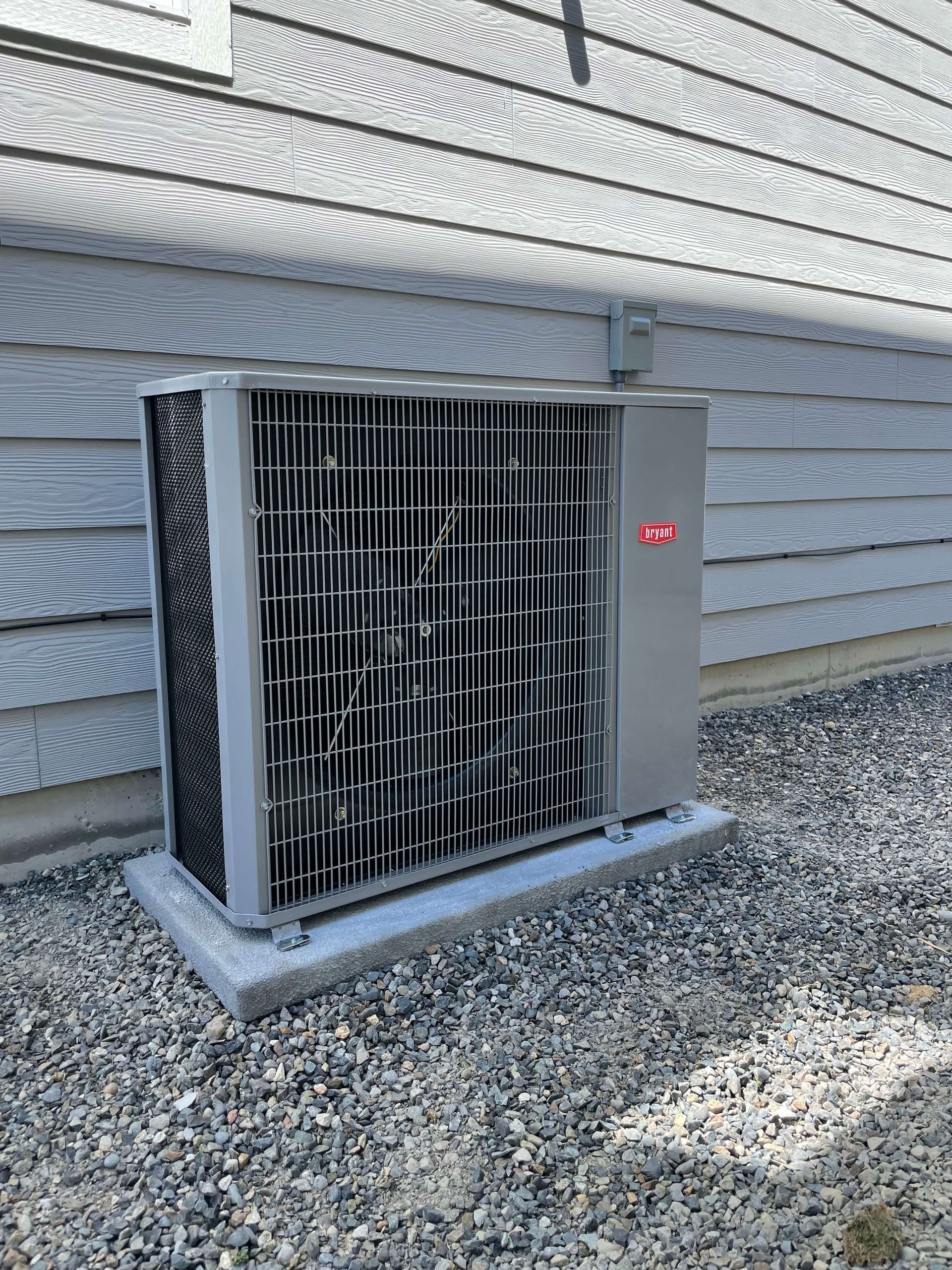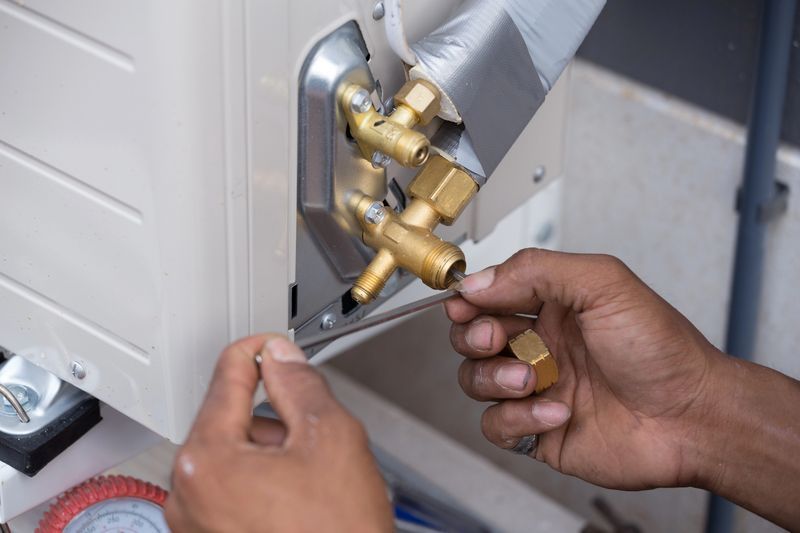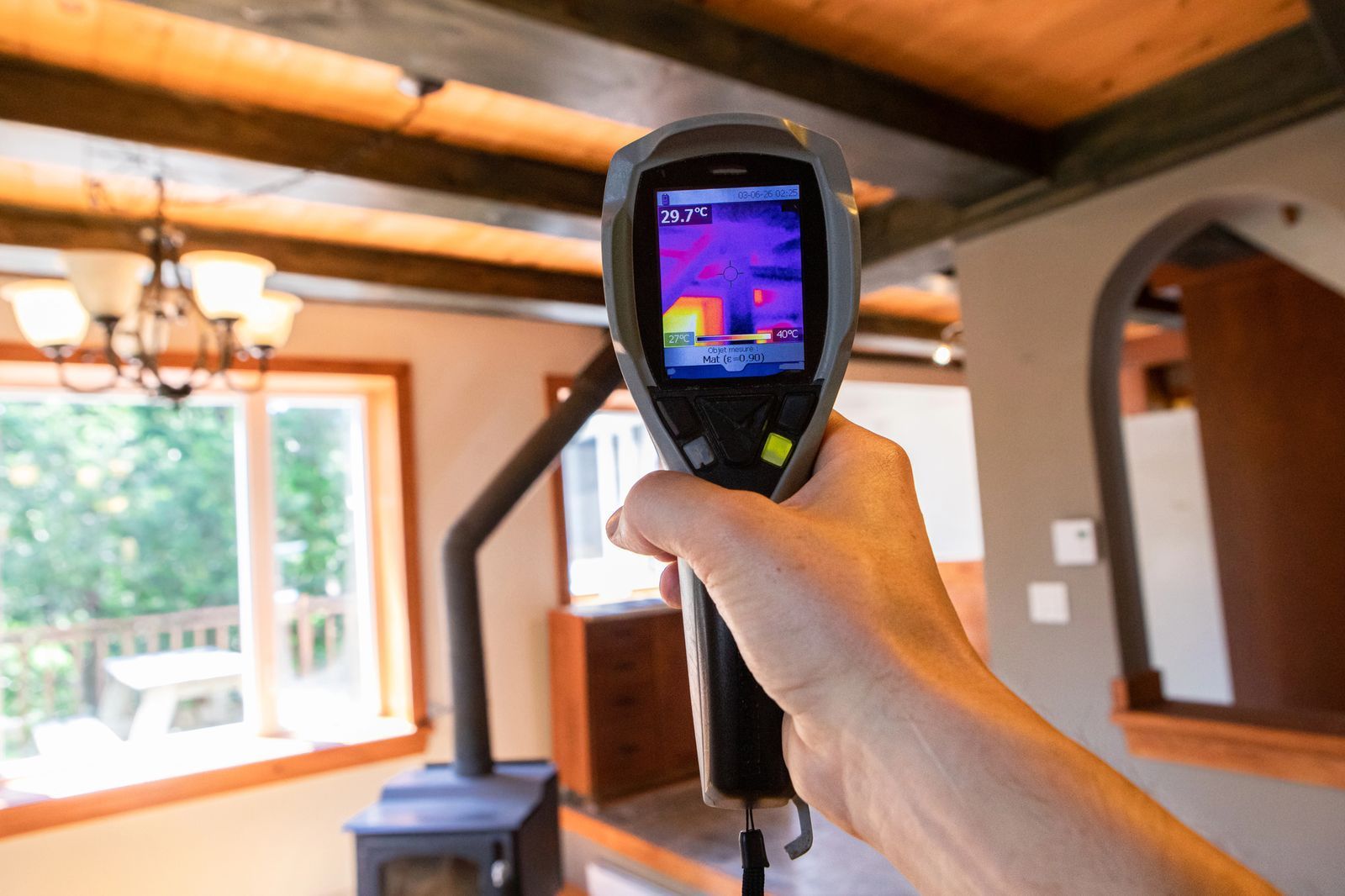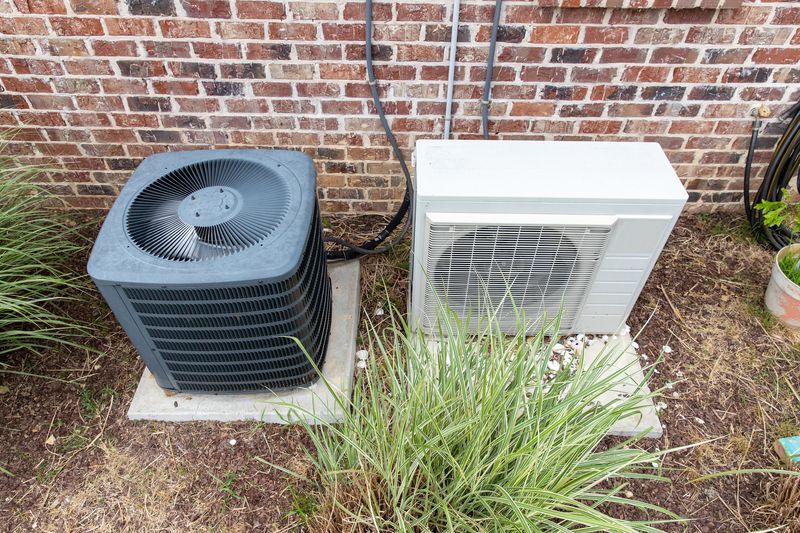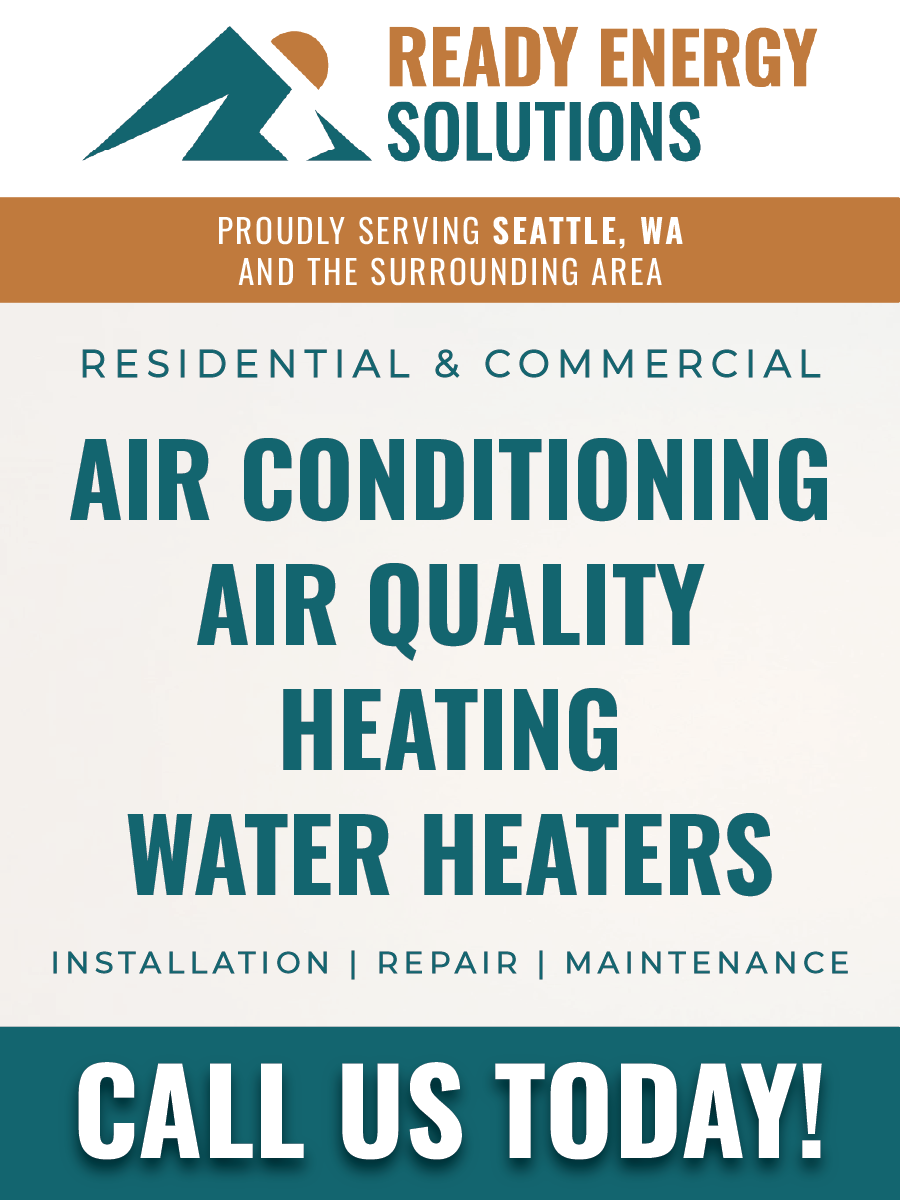Signs It's Time to Replace Your Old HVAC System
An HVAC system is one of the best investments you can make for your home or business, keeping you cool in the summer, warm in the winter, and comfortable all year round.
But like anything that works hard day in and day out, even the best HVAC systems have a shelf life. Over time, your system might start working less efficiently, run up your energy bills, or require constant repairs just to keep up.
Recognizing when your system is ready for retirement can save you a lot of hassle and expense down the line. Learn the key signs that it’s time to contact our experts in HVAC installation in Seattle to replace your old system so you can keep your space comfortable and efficient.
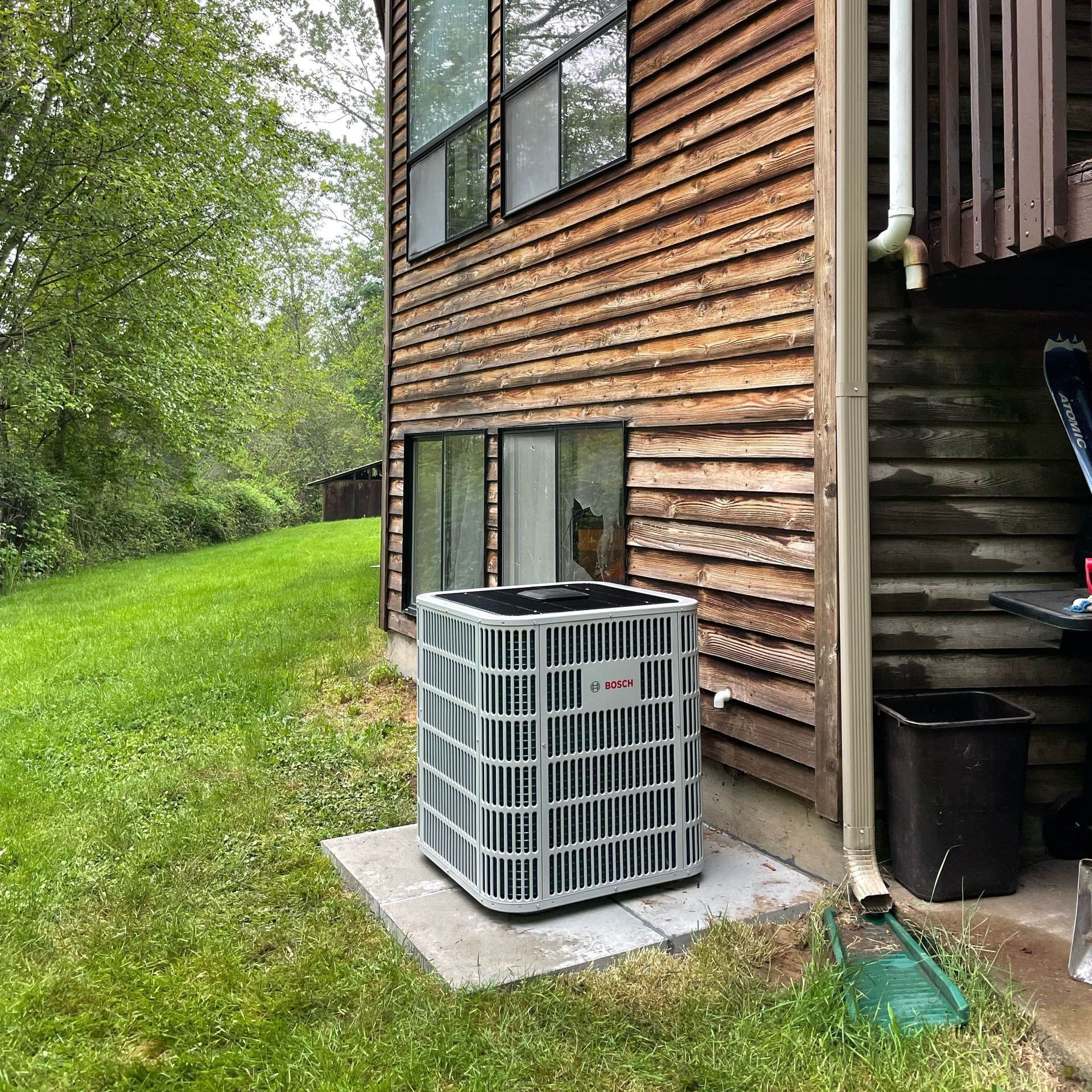
Should You Get a New HVAC System? 8 Signs You Shouldn’t Ignore
1. Age of the System
Most HVAC systems have a lifespan of about 10 to 15 years. As they get older, their efficiency and performance naturally decline due to wear and tear.
Even if your system appears to be running fine, an older unit is likely working harder to maintain the same level of comfort, leading to increased energy consumption and more frequent repairs.
If your system is approaching or has surpassed this age range, it's wise to start considering a replacement. Not only will a new system be more efficient, but it can also save you money in the long run by reducing energy bills and the need for repairs.
2. Frequent and Costly Repairs
If you find yourself calling a technician frequently to fix your HVAC system, it’s a clear sign that your system might be on its last legs. While occasional repairs are expected, frequent breakdowns signal that your system is struggling to keep up.
Additionally, as your HVAC system ages, the cost of repairs tends to increase. Older units often require parts that may be hard to find or expensive to replace, making repairs a significant financial burden.
When repair costs start to add up, it’s worth considering whether those funds would be better spent on a new system. In many cases, the cost of multiple repairs could be equivalent to or even exceed the price of a new HVAC installation.
3. Rising Energy Bills
Have you noticed your energy bills creeping up, even though your usage habits haven’t changed? This is a common sign that your HVAC system is losing efficiency. As systems age, they often have to work harder to maintain the desired temperature, which leads to increased energy consumption.
Higher energy bills can be frustrating, especially when it seems like you’re not getting anything extra in return. Replacing an old, inefficient HVAC system with a newer, energy-efficient model can greatly reduce your energy costs.
Many modern HVAC systems are designed to operate more efficiently, using less energy to heat and cool your home. As time passes, the savings on your energy bills can help offset the cost of the new system.
4. Uneven Temperature Distribution
If certain rooms in your home are consistently too hot or too cold, it might be a sign that your HVAC system is struggling to distribute air evenly. Uneven temperature distribution can occur for several reasons, such as aging components, failing ductwork, or an outdated system that can’t keep up with your home’s needs.
Temperature inconsistencies can make your home less comfortable and may even lead to increased energy usage as you attempt to balance the temperature with fans, space heaters, or window units.
Replacing your old HVAC system with a new one can help restore even temperature distribution throughout your home, ensuring every room stays comfortable no matter the season.
5. Unusual Noises and Odors
Your HVAC system should operate quietly, with the occasional hum or whoosh as it cycles on and off. However, if you start hearing strange noises like grinding, rattling, or squealing, it could indicate mechanical issues within the system. These noises may result from worn-out parts, loose components, or even a failing motor.
Similarly, unusual odors coming from your HVAC system can be a cause for concern. Burning smells may indicate electrical problems, while musty scents could signal mold growth within the system.
These issues affect your comfort and could pose health and safety risks. In many cases, these signs point to deeper, underlying problems that may be best addressed by replacing the entire system rather than attempting to repair it.
6. Poor Air Quality
An aging HVAC system may struggle to filter air effectively, leading to increased dust, allergens, and humidity levels in your home. If you notice that your space seems dustier than usual or if household members are experiencing more frequent allergy symptoms, it could mean that your HVAC system is no longer performing as it should.
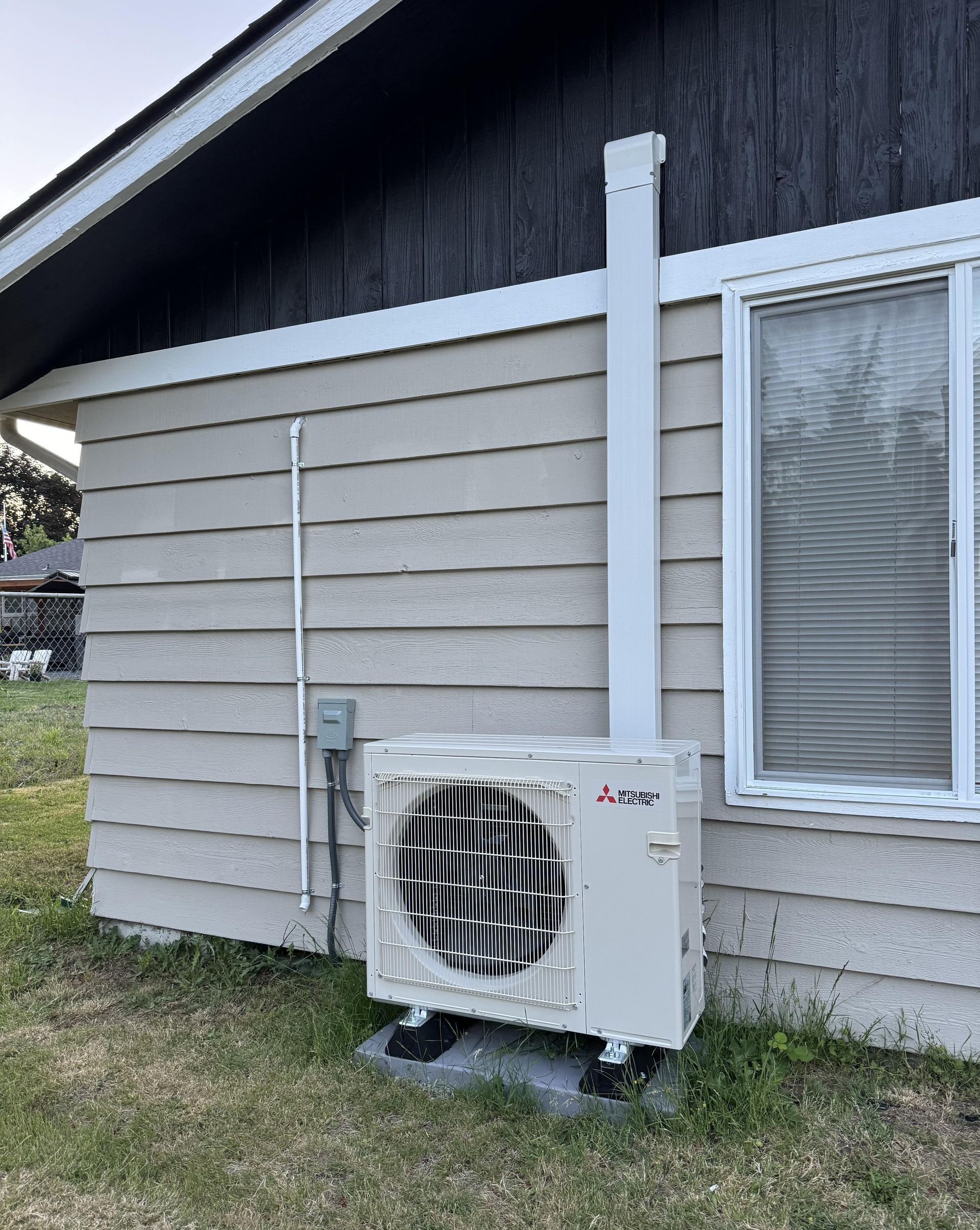
New, modern systems come with advanced filtration options and humidity controls, which can help remove contaminants from the air and maintain a healthy indoor environment. Better air quality results in fewer allergens, less dust, and a more comfortable living space for you and your family.
7. HVAC System Runs Constantly
If your HVAC system seems to be running non-stop, your system is struggling to maintain the set temperature. Constant operation drives up your energy bills and puts extra wear and tear on the system, shortening its lifespan.
A properly functioning HVAC system should cycle on and off as needed to maintain the desired temperature. If your system is running continuously, it’s likely that it’s losing its effectiveness and may need to be replaced.
8. Your System Still Uses R-22 Refrigerant
Older HVAC systems often use R-22 refrigerant, which has been phased out due to its harmful environmental impact. The production and importation of R-22 have been largely banned, making it increasingly difficult and expensive to obtain.
If your HVAC system still uses R-22, you’re likely facing higher costs for repairs and maintenance. Upgrading to a new HVAC system that uses eco-friendly refrigerants is better for the environment and ensures compliance with current regulations.
Moreover, newer systems are designed to be more energy-efficient, which can help you save money on both energy bills and maintenance costs.
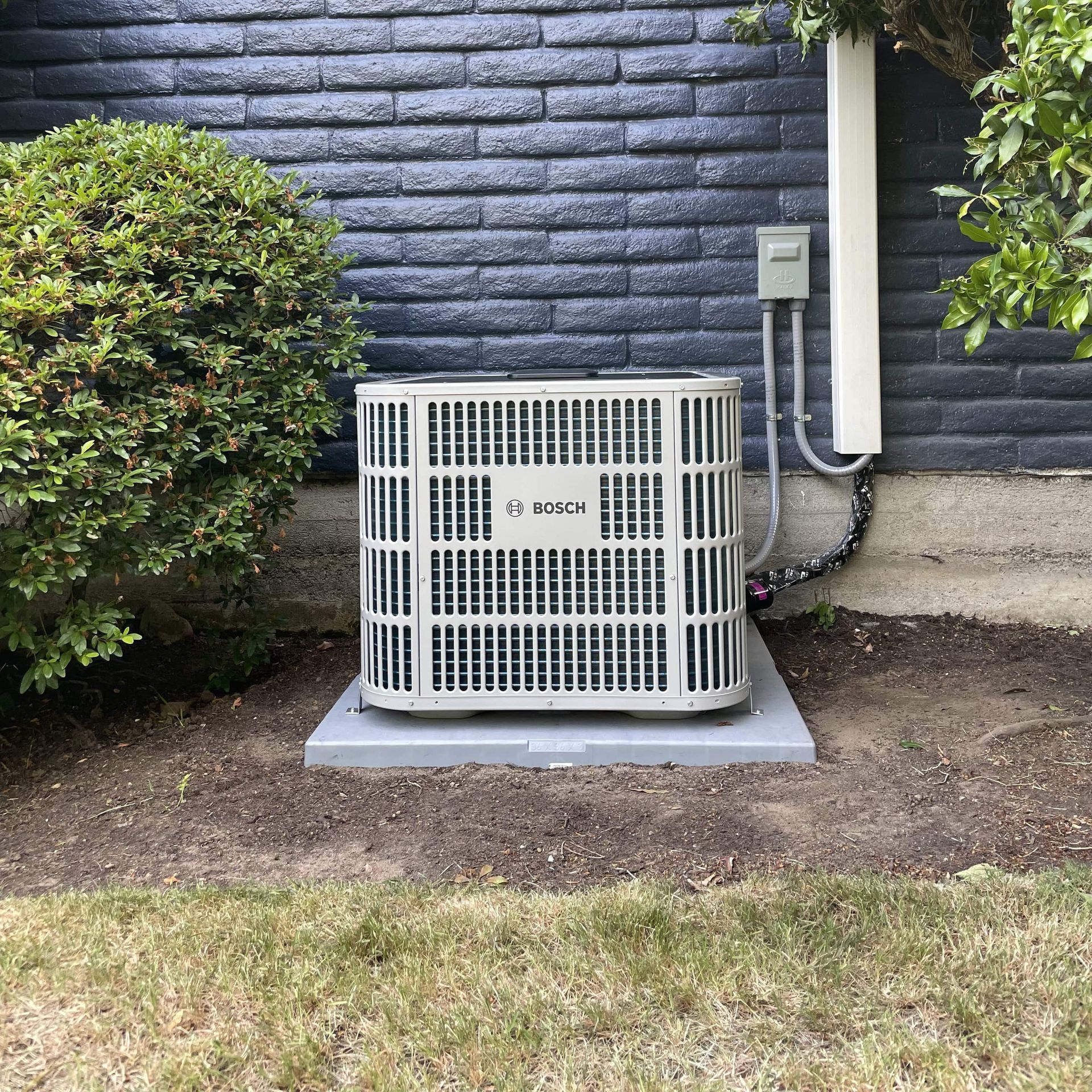
Interested in HVAC Installation in Seattle?
At Ready Energy Solutions, we specialize in installing energy-efficient HVAC systems from top brands like Mitsubishi, American Standard, Rinnai, and Bosch. As a Mitsubishi Diamond Contractor, we also offer a 12-year warranty on our installations, surpassing the standard 10-year coverage provided by non-certified contractors.
Contact us today to schedule a consultation and discover how we can help you enjoy a more comfortable, efficient home with a new HVAC system.
GET IN CONTACT WITH READY ENERGY SOLUTIONS FOR EXPERT AC SERVICE
Contact us by calling 206-750-7020, or fill out the form below and we will be in contact within one business day.
Home Page
Thank you for contacting us!
We will get back to you as soon as possible.
Oops, there was an error sending your message.
Please try again later...
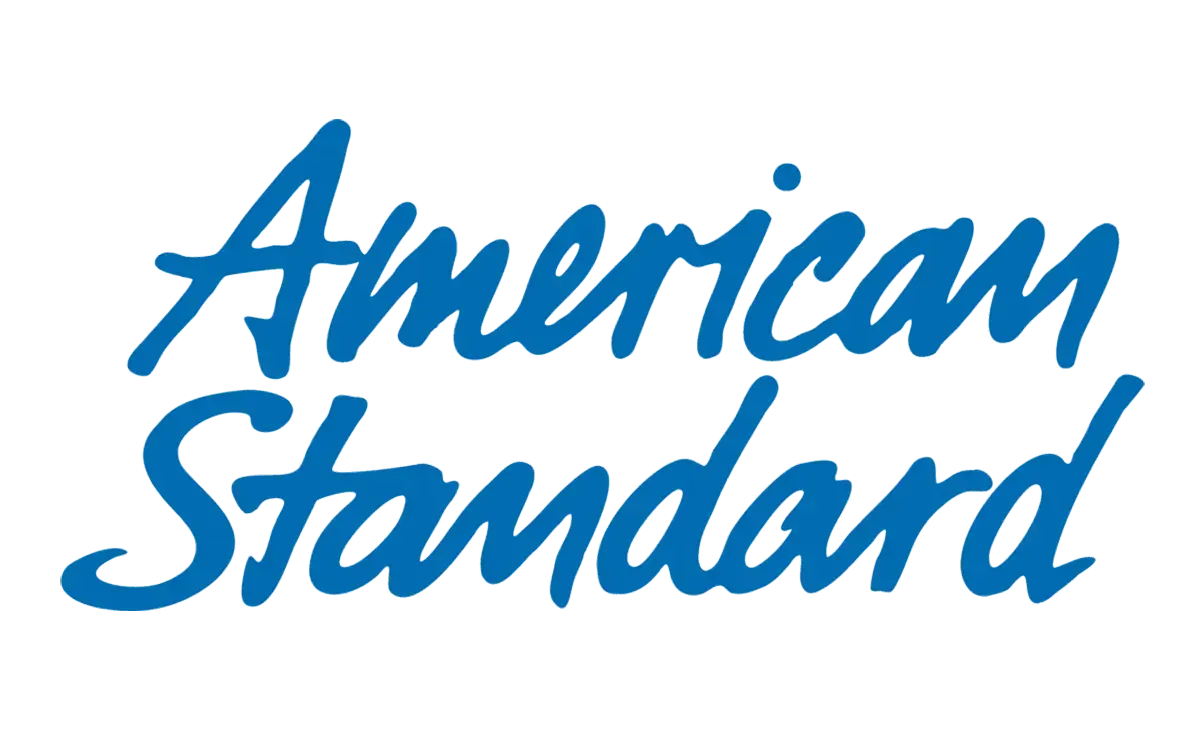

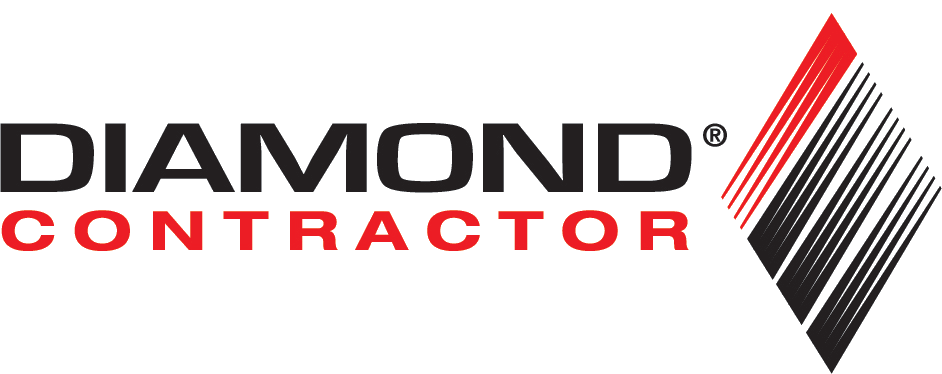
Ready Energy Solutions is proud to be a Mitsubishi Diamond Contractor as well as certified dealers for American Standard, Rinnai and Bosch
Proudly Serving
sEATTLE, WA
and the surrounding area
Seattle, WA
Kirkland, WA
Bellevue, WA
Shoreline, WA
Sammamish, WA
Renton, WA
Tacoma, WA
Issaquah, WA
8MMR+WW Federal Way, WA
OPEN 24 HOURS

